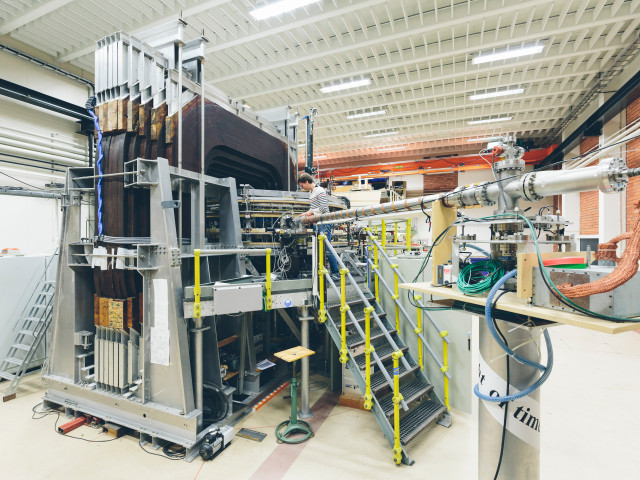- Nuclear energy and nuclear fuel cycle primer
- Petrology and mineralogy
- Plate tectonics
- Metamorphism
- Quaternary geology
- Hydrogeology in soil
- Hydrogeology in fractured bedrock
- Hydrogeochemistry
- The KBS method
- Social aspects of storing of nuclear waste
Fieldwork and laboratory work at Äspö Hard Rock Laboratory
